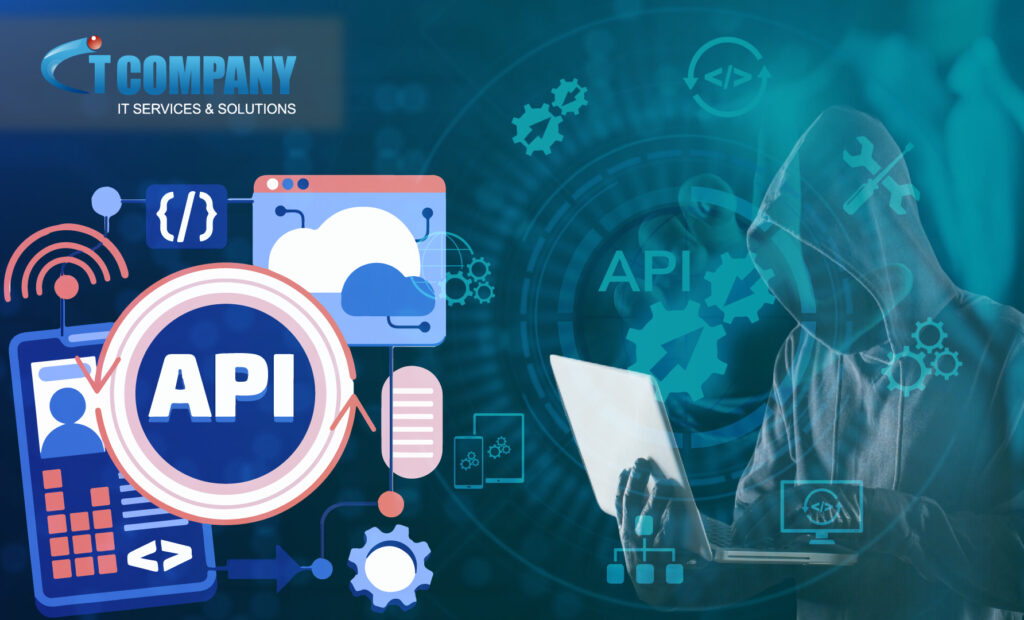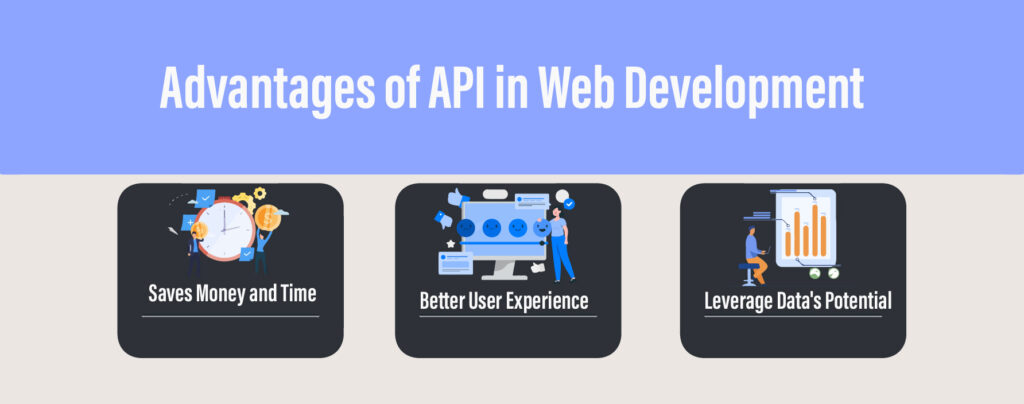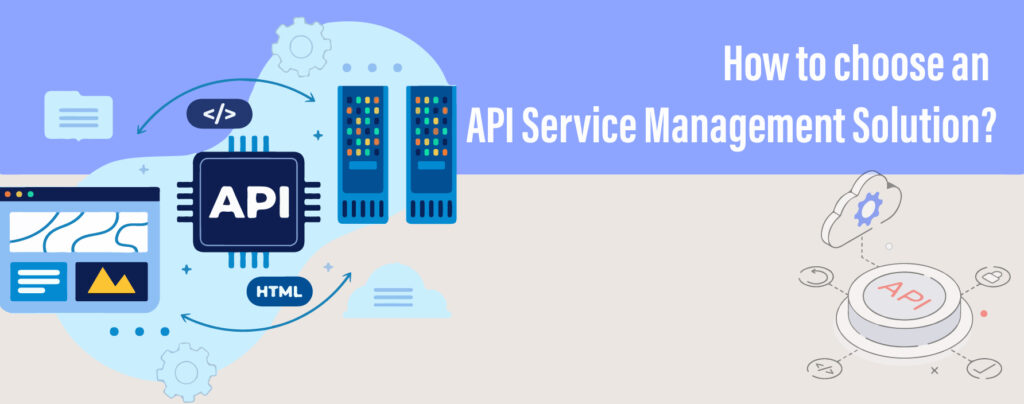
The growth of any medium is dependent on its ability to coordinate and communicate seamlessly. Whether analog or digital, a process must survive if all channels are well connected. APIs are at the forefront of facilitating contact with various software programs since they are helpful tools for assuring trouble-free digital activities, such as web development. In this article, we will explain how to select an API Solution Provider for Your Business Integration. Before we get started, let’s define APIs and discuss the benefits of using them in web development.
Table of Contents
ToggleWhat is an API Integration?
API Integration is a digital interface that serve as information gateways and specify interactions with different software intermediaries. In other words, they are computing interfaces that allow various software solutions to exchange data with one another.
They are used for a variety of purposes, including media monitoring and risk intelligence, as well as to improve financial monitoring using the news API. They have also grown popular among web developers.
Benefits of an API Solution in Web Development
Application programming interfaces benefit both end users and web developers. Their value is determined by how they are used; integrating APIs might be beneficial for any purpose. Here are some of the benefits of web development.

Saves money and time
One of the reasons API integration is popular among developers is that it is a simple process that does not require specialist experience or in-depth knowledge.
Furthermore, web developers do not need to start from scratch when developing functions because they are already widely available and free. It not only reduces the time required for web creation, but it also reduces expenditures.
Better User Experience
One of the aims of web development is to improve the end-user experience, and APIs may help them do this. The previously stated sign-in function is one example, in which users are automatically signed into any connected accounts as long as they are registered into Google, eliminating the need to log into each website individually.
Leverage Data’s Potential
Data is perhaps the most important digital asset for businesses today, since it provides critical insight that may help them grow and succeed. To make the most of its potential, API may be linked to current operational systems to establish strategic objectives.
How do I pick an API Service Management Solution?

Now that you understand what APIs are and how you can profit from their use, you need carefully examine a few things when choosing an API service management solution.
These criteria include simplicity of use, scalability, security, adaptability, and range of application. Without these considerations, the chosen solution is unlikely to produce the desired result and may cost you longer. With that in mind, let’s look at how each of them impacts your selection.
Scalability
Another critical consideration for many businesses across sectors is the solution’s scalability, which has various challenges. For example, it might refer to the management solution’s ability to handle high-volume transactions across several platforms.
Furthermore, the necessary tools, including as routing, prioritizing, and throttling, must be provided to ensure that certain application programming interfaces scale correctly depending on the optimal priority.
Security
When it comes to API integration for starters, consider if API Solution include SSO features that can be incorporated. Inquire whether the regulations offered can protect your infrastructure from web-based attacks, enforce SSL, disable login functionality without a virtual private network (VPN), and guard against a variety of other weaknesses.
Flexibility
Another element to consider while selecting an API service management system is flexibility. Deployment flexibility—SaaS, on-premise, or a mix or hybrid environment—should be considered depending on your enterprise’s requirements.
The more adaptable the solution, the more effective it will be in accomplishing its intended goal. Another issue to consider is whether you want your solution delivered as virtual appliances, containers, or software.
Conclusion
In conclusion, choosing the finest API Solution provider for your business integration is critical for attaining seamless connectivity. By prioritizing criteria like as dependability, scalability, security, and customization possibilities, you can guarantee that your API solution precisely meets your organization’s specific needs. With our extensive API solution services, which are personalized to satisfy a wide range of business demands. You can begin on your integration journey with confidence, knowing that you have a reliable partner devoted to maximizing the potential of your digital ecosystem.
Frequently Asked Questions
An API management system consists of tools and procedures that assist businesses in designing, deploying, monitoring, securing, and analyzing Application Programming Interfaces (APIs). It simplifies API administration, making them more accessible, dependable, and safe for both developers and users.
The four most frequent API types are public, partner, private, and composite. Public APIs allow external developers and the general public to access and use an organization’s services or data. Partner APIs are distributed to chosen partners or collaborators for restricted access, which frequently requires authentication.
API management is important for a variety of reasons. It improves API control and security by adding authentication, authorization, and rate limitation. It also makes API creation easier, allowing developers to design, publish, and maintain APIs.
Scalability and integration. Businesses desire APIs that can withstand rising traffic and use as their requirements evolve.
Key features include security and customization.
Testing is easy.
Automation powered by artificial intelligence or machine learning (AI/ML).
Choose the right partner.
Consider elements such as simplicity of use, documentation quality, community support, price structures, and integration capabilities with other services before making your decision.
IT Company provides a complete API Solution Service that is adapted to varied business needs, assuring smooth connection, strong management, and superior performance.